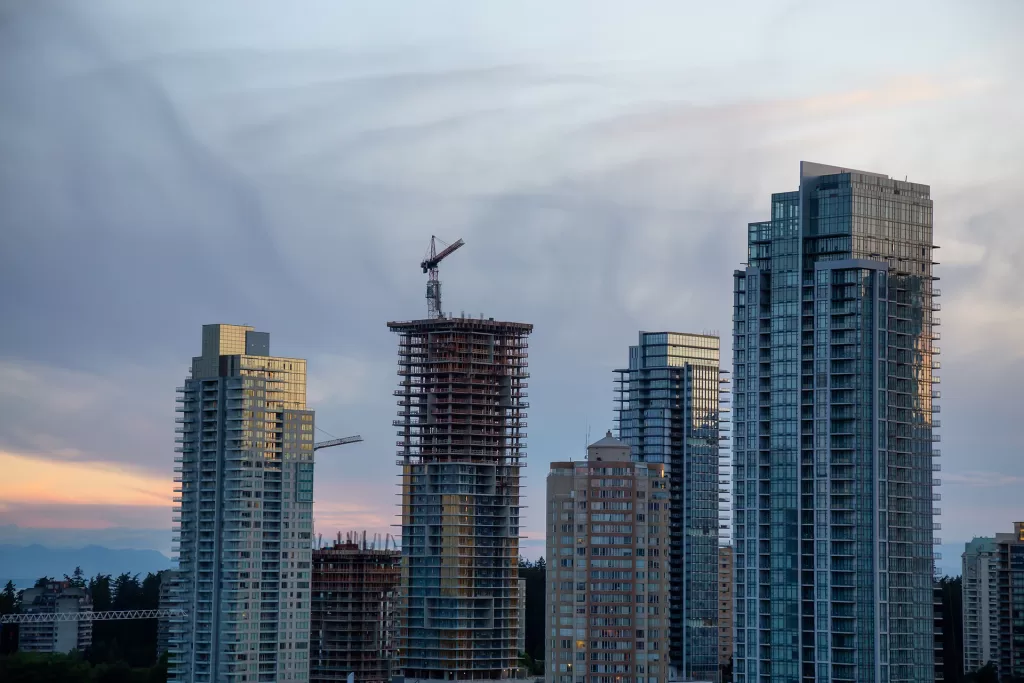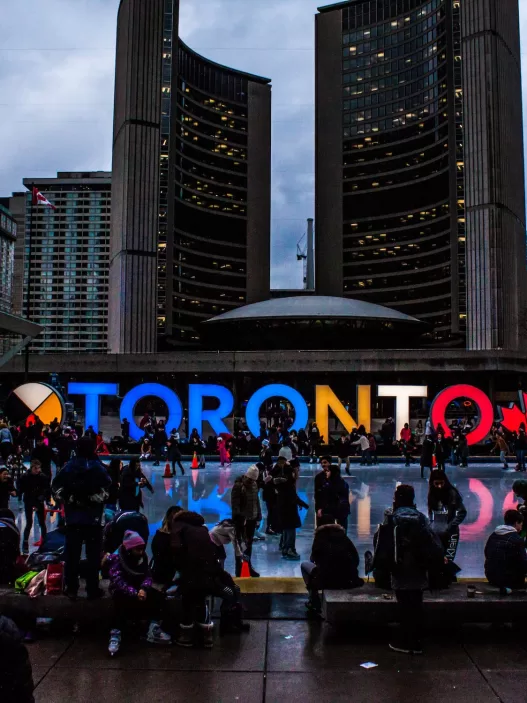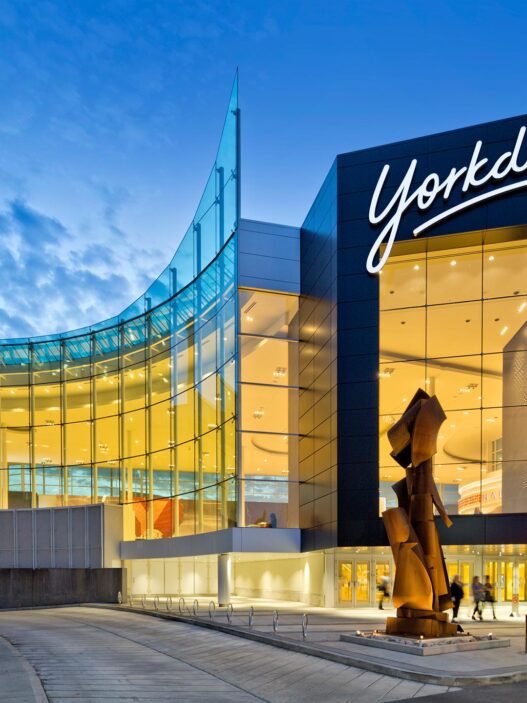
Toronto’s real estate market isn’t just another housing scene—it’s a powerhouse. As the economic heart of Canada and the anchor of the Greater Toronto Area (GTA), this vibrant metropolis has a real estate landscape unlike any other in North America. From its booming economy to diverse neighborhoods and ever-evolving skyline, Toronto’s housing market is a reflection of the city itself: dynamic, competitive, and full of opportunity.
Let’s dive into what makes Toronto’s real estate market so unique, with key factors that keep it thriving and exciting.
1. A Booming Economy That Fuels Demand
Toronto’s economy is on fire—and so is its housing market.
As a global financial and tech hub, the city attracts talent, investors, and businesses from around the world. With a strong presence in sectors like banking, technology, healthcare, and entertainment, Toronto continues to see job growth, higher incomes, and an influx of professionals looking to settle in the city.
🔑 Key Stats:
- In 2021, the Toronto Regional Real Estate Board (TRREB) recorded over 95,000 home sales, a 12.6% increase from the previous year.
- The average home price skyrocketed to $1.1 million, marking a 20% year-over-year increase.
The Takeaway:
Toronto’s booming economy drives demand for housing, pushing prices up and making competition fierce. If you’re in the market, expect bidding wars and homes selling above asking prices.
2. Diversity That Drives Demand for Unique Spaces
Toronto isn’t just a city; it’s a cultural mosaic. With over 200 ethnic groups and 140 languages spoken, Toronto’s diversity influences everything—including its real estate market. Different communities bring different tastes, traditions, and housing preferences, creating a vast range of property options.
From trendy high-rise condos downtown to spacious suburban family homes, there’s a neighborhood for everyone.
🔑 Neighborhood Diversity Examples:
- Downtown Core: Skyscrapers and luxury condos catering to young professionals and entrepreneurs.
- Little Italy & Chinatown: Mixed-use properties, cultural hubs, and commercial-residential combos.
- Suburbs like Mississauga & Markham: Family-friendly detached homes with great schools and green spaces.
The Takeaway:
Toronto’s cultural diversity fuels a unique demand for housing, meaning real estate offerings are as varied as the city’s population.
3. Transportation: Location, Location, Location
Toronto’s public transit system plays a massive role in shaping real estate prices. Proximity to subway stations, streetcar lines, and highways can make or break a property’s value. Buyers and renters alike prioritize areas with seamless access to public transportation.
🔑 High-Demand Areas Near Transit:
- The Yonge-University Subway Line: Real estate near stations like Yonge & Eglinton or Union Station commands premium prices.
- GO Transit Corridors: Connecting suburban commuters to downtown Toronto, boosting demand for homes in areas like Oakville and Vaughan.
- Bike-Friendly Zones: Neighborhoods with extensive cycling infrastructure are drawing younger buyers.
The Takeaway:
Easy access to transit hubs translates to higher property values and demand, making transportation one of the most important factors in Toronto real estate.
4. Urbanization: The City’s Ever-Changing Skyline
Toronto’s skyline is a work in progress. The city is experiencing a wave of urbanization, with new high-rise condos, mixed-use developments, and commercial spaces transforming once-quiet neighborhoods.
One standout example is Regent Park, an area that once struggled with economic challenges but has now undergone a massive revitalization, featuring mixed-income housing, green spaces, and retail areas.
🔑 Other Rapidly Developing Areas:
- Liberty Village: A trendy, high-rise-heavy hub for young professionals.
- The Distillery District: A charming blend of historic buildings and modern luxury condos.
- The Waterfront: Ongoing redevelopment is turning this area into a thriving residential and entertainment hotspot.
The Takeaway:
Urbanization means increased property values and exciting investment opportunities—but also rapidly rising costs.
5. Government Policies That Shape the Market
Toronto’s real estate market doesn’t operate in a vacuum—government policies heavily influence supply and demand.
Some major policy interventions include:
- Foreign Buyer Tax (2017): A 15% tax introduced to curb speculative buying from overseas investors, which cooled the market slightly but didn’t stop the overall growth.
- Vacant Home Tax (2021): Aimed at encouraging property owners to rent or sell unoccupied properties to improve supply.
- Increased Interest Rates (2023+): Recent hikes have affected affordability and cooled the market, leading to more balanced conditions.
The Takeaway:
Government regulations can shift the real estate landscape overnight, so staying informed on policy changes is crucial for buyers and investors.
Why Toronto’s Real Estate Market Remains Hot
Despite rising interest rates and economic fluctuations, Toronto remains a global destination. Its combination of economic opportunity, cultural richness, and high livability keeps people coming back, and real estate prices reflect that demand.
5 Reasons Why Toronto’s Market Stays Strong:
- Immigration: With thousands of newcomers arriving each year, demand for housing stays high.
- Limited Supply: Strict zoning laws and slow development timelines keep housing in short supply.
- Job Growth: Toronto’s economy attracts skilled professionals who need housing.
- Global Reputation: The city’s standing as a world-class destination makes it attractive to investors.
- Resilience: Toronto’s market has proven time and time again that it can weather economic challenges.
Key Takeaways for Buyers and Investors
For Buyers:
- Be prepared for competition—homes often sell above asking price.
- Consider up-and-coming neighborhoods for better value.
- Stay informed about government policies affecting affordability.
For Investors:
- Look for properties near transit hubs for long-term appreciation.
- Consider multi-unit buildings in diverse neighborhoods.
- Stay patient—market fluctuations may present opportunities.
Toronto’s Real Estate – A Market Like No Other
Toronto’s real estate market is an ever-evolving, fast-paced environment influenced by economic growth, cultural diversity, and government intervention. Whether you’re looking to buy your first home, invest in property, or simply understand the market better, one thing is clear: Toronto’s real estate game is unlike any other.
With prices expected to remain strong and new developments constantly emerging, the city continues to offer exciting opportunities for those ready to dive in.
Thinking of buying or investing in Toronto real estate? Let us know in the comments—what’s your biggest challenge or question about the market?
For further reading, check out these resources:
















